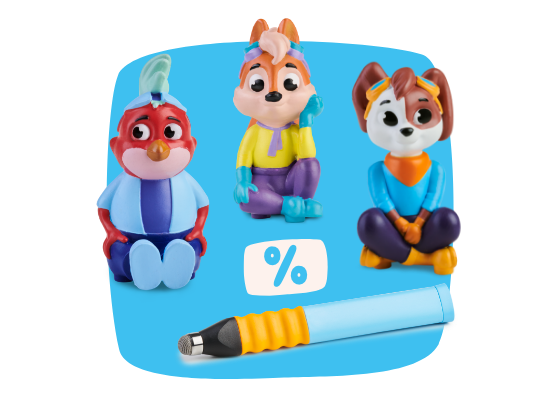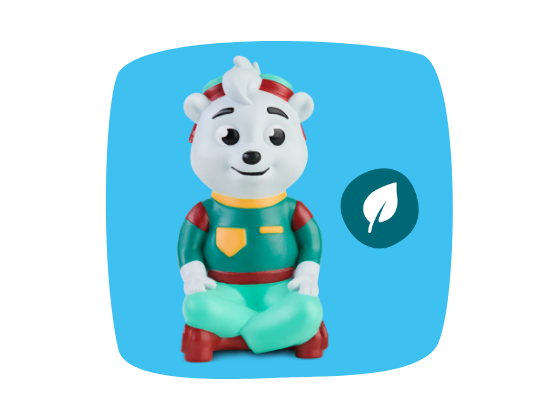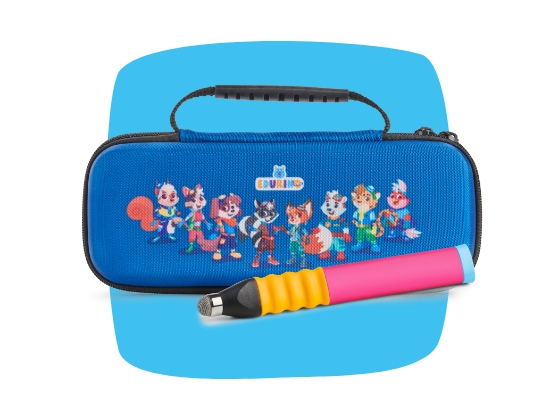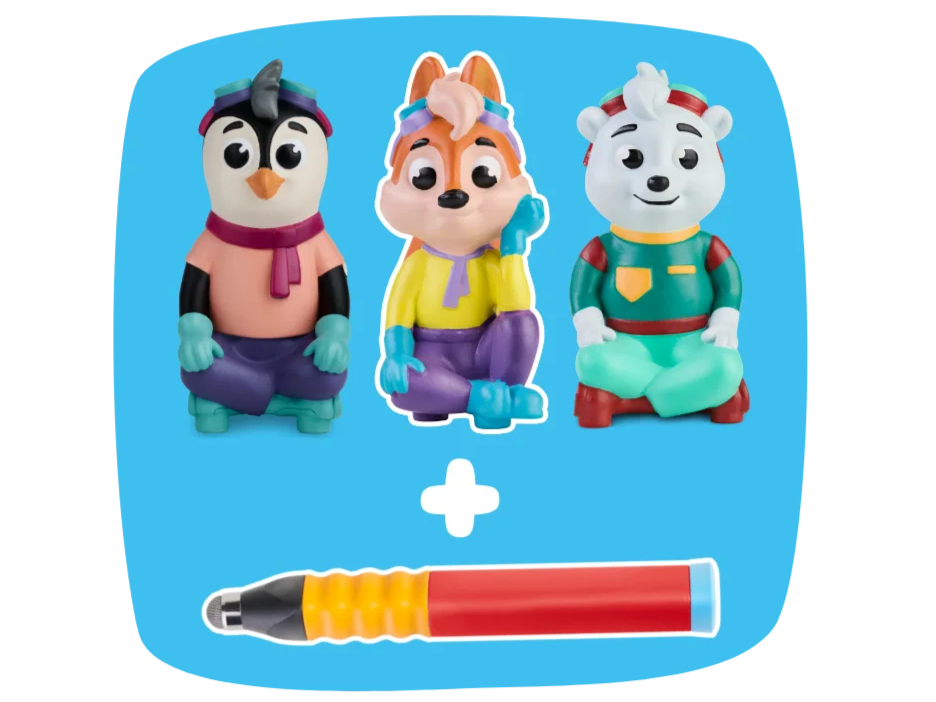Linguistic input is crucial for children's language development. Finger games with rhymes are an excellent way to encourage this input, using the connection between language and gesture to stimulate and enhance children's language skills.
Introduction to language support
Language development is a central component of child development. Language development begins in infancy and is closely linked to a child's cognitive and social development. Parents and educators play a crucial role here. Through targeted measures, they can support and encourage their children's language skills. This is crucial not only for their academic performance but also for their future careers. It is therefore vital that parents and educators recognize the importance of language development and actively take measures to support their children's language development.
Basics of language support
Language development is an essential component of child development and begins in infancy. Even the first sounds and babbling are important steps on the path to language competence. Parents and educators play a key role in this by creating a linguistically rich environment. This can be achieved through reading books aloud, singing songs, and engaging in conversations with the child. Such activities not only promote language development but also strengthen the bond between parent and child. It is important that parents consciously schedule time for these language-enhancing activities and integrate them into their daily routine.
The importance of language development
Language development is crucial for a child's overall development. It enables the child to communicate with others, express their needs and feelings, and navigate their environment. Good language development is also an important prerequisite for academic success and later professional life. Parents and educators should therefore do everything they can to encourage and support their child's language development. This can be achieved through regular conversations, reading books aloud, and singing together. A well-developed language opens up many opportunities for the child and contributes significantly to their self-confidence and social skills.
Speaking - an individual process
Even in the womb, the child perceives not only sounds such as its mother's heartbeat and breathing, but also her voice, which is why it is familiar with the sound and melody of its native language from the very beginning. As shown in our last article, our children learn to speak step by step and all at a different pace. Some children can speak at the age of one, but others take their time until they are around two and a half years old. Statistically speaking, girls acquire language skills somewhat faster than boys and generally find it easier to learn new grammatical rules. The connection between various factors, such as the parents' educational level, influences the children's language skills. Conversations between parents and children are particularly important for language development. The following tips will show you how you can still encourage your children to speak a little more and expand their knowledge of vocabulary and grammar.
Differences in children's language skills depend heavily on their parents' educational background. Children from families with lower levels of education often exhibit significant deficits, which impacts their performance on language proficiency tests.
-
Creating linguistic stimulation
-
Be a good role model
-
Listening with appreciation
-
Give corrective feedback
-
Play, play, play
1. Create linguistic stimuli
The parents are at work, the children are at daycare. At home, there's still housework to do, filing needs to be done, and so on. This can lead to a lack of time for conversation. That's why it's important to create regular opportunities to talk. Even if time is limited, it's worth creating so-called "language islands" in your daily life. This could be at lunch or dinner, in the afternoon when you're snacking on some fruit together, or before bedtime. It's important to ritualize these occasions so that your child feels that there's regular time for storytelling.
Parents can break words into syllables at mealtimes to encourage their children's language skills. This helps practice different sentence structures and language skills and enriches mealtime communication.
2. Be a good role model
Learning through imitation is a part of instrumental learning and plays a particularly important role in language development. Therefore, it's important that you, as a role model, speak slowly and clearly. Short sentences are just as important as your authenticity. Science advises against speaking in baby talk at preschool age. Only if your child takes you seriously will they want to emulate you. A good alternative to everyday dialogue is reading aloud. It helps you focus on speaking slowly and clearly and encourages attentive listening. Daycare centers play a crucial role in language development, especially through programs like "Language Daycares" that help children from educationally disadvantaged families. If the child identifies with the content of the stories, an even stronger connection is established between what is being said and the content, which also promotes speaking. Furthermore, not only is vocabulary expanded, but creativity and imagination also developed.
When reading aloud, it is important to consider the page of the book to focus children's attention and help them better understand the pictures and text within them.
3. Listen appreciatively
It may sound paradoxical, but attentive listening can also encourage your child to speak. It's important that you take time for your child, ask questions, and establish eye contact. Appreciative listening can foster children's diverse language skills, which often depend on their educational background. Conversations about different topics can help expand your child's vocabulary and interests. Furthermore, the focus should initially be on what your child tells you, not how they say it. Despite some pronunciation errors, there should be enough time for your child to talk about something in one go without you having to intervene and correct them.
Looking at and discussing picture books together is an effective method for promoting children's language development.
4. Give corrective feedback
Of course, feedback on speech errors should not be neglected. It's important not to repeat the incorrectly spoken words, which could become ingrained in the child's mind through repetition. Instead, it's advisable to repeat the incorrectly said words in the corrected version. For example, if your child says, "We're going on Tinder dates," it would be advisable to respond with something like, "Yes, exactly, we're going to kindergarten." This way, your child feels validated and has the chance to repeat it correctly next time. It's also helpful to expand your child's short utterances into full sentences to promote their language development.
Language acquisition is an important process that takes time and is promoted through interactions with caregivers in various everyday situations.
5. Play, play, play
We simply can't say it often enough. One of the most important tools for learning is and remains learning through play. Whether it's board games where you talk about the content of the game, or singing songs or making up rhymes together, when you play, what is said is associated with joyful emotions, which is a great guarantee for learning new things. With songs and poems, melody and rhythm play a particularly important role and support speaking. Finger games, counting rhymes, and songs linked to special gestures are suitable for beginners, so that cognition and motor skills are combined and the newly learned material is more firmly anchored. Playing promotes the joy of speaking and thus supports language development. A differentiated view of language support shows how important it is to consider different methods and to respond to the individual needs of the child.
So, there are several things you can do to encourage your child's speech. The most important thing is, and remains, to avoid putting too much pressure on them, to avoid over-focusing on learning, and to simply accept that every child has their own pace. Visual elements and beautiful pictures in books and media can help support language development and spark children's interest.
Everyday situations for language development
There are numerous everyday situations that are excellent for promoting language development. Parents and educators can talk to their children during meals, while playing, or while taking a walk. Reading books aloud or singing songs are also valuable opportunities to support language development. It is important that parents and educators consciously take time to communicate with their children and listen to them. Through such regular interactions, the child is encouraged to express their own thoughts and feelings in words and to expand their language skills.
Parent-child relationship in language development
The parent-child relationship plays a crucial role in language development. A loving and supportive relationship creates a safe environment in which the child can develop their language skills. Parents should encourage their child to speak up and express their opinions. It is important for parents to actively listen and respond to their child's expressions. Even if the child has difficulty expressing themselves, parents should remain patient and supportive. A strong parent-child relationship not only promotes language development but also the child's overall well-being and emotional development.
Digital media and learning
Digital media can be a valuable addition to language learning. They contribute significantly to children's personal development by offering diverse learning opportunities. There are numerous apps and digital tools specifically designed to improve children's language skills. For example, language learning apps can help practice pronunciation and expand vocabulary. However, it is important that parents and educators monitor digital media use and ensure that children do not spend too much time in front of screens. Mothers, in particular, can use everyday situations to promote their children's language development through conversations and interactions. A balanced mix of digital and analog learning methods is crucial to optimally support language development.
Inclusion and multilingualism
Inclusion and multilingualism play a significant role in language development. Various media, such as books, television programs, audiobooks, and interactive elements, can be used as a medium for early childhood language development. Children from diverse cultural backgrounds and with different native languages should have the opportunity to develop their language skills in both their native language and the national language. Parents and educators should create an inclusive learning environment in which all children feel welcome and can develop their language skills. Promoting multilingualism not only offers children linguistic advantages but also strengthens their cultural identity and increases their chances of a successful academic and professional career. Language skills are also crucial for social participation and integration.
Challenges and solutions
Various challenges can arise when developing language skills. Some children have difficulty expressing themselves or show signs of a language development disorder. In such cases, it is important to seek professional help. Speech and language therapists can provide targeted support. There are also many practical solutions that parents and educators can use, such as regularly reading books aloud, singing songs, or having conversations with the child. Flexibility and openness to new approaches are crucial. Parents and educators should always be willing to try different methods to best support language development.
Documentation of progress
Regularly documenting a child's language development is an important component of language development. Parents and educators should systematically observe and record the development of language skills. This allows for targeted measures and individualized language development. Especially with babies, it is important to document language development early on to enable targeted support. Documentation also allows for early detection of potential language development disorders and the provision of appropriate support. Careful observation and documentation help to visualize progress and increase the child's motivation.
Visual elements and pictures play a crucial role in language development. Looking at picture books enables interactive communication, helping children better understand the connection between text and pictures.
Books and reading
Books and reading aloud play a central role in language development. Children should be introduced to books from an early age to develop their language skills. Parents and educators should read aloud regularly and encourage children to read themselves. By reading books, children expand their vocabulary, improve their pronunciation, and develop a better understanding of language. It is important to provide a variety of books that match the child's interests and developmental stage. This makes reading an exciting and educational experience. The difference in language development between children who read regularly and those who do not is significant.
So, there are a few things you can do to encourage your child's speech. The most important thing is, and remains, not to put pressure on them, not to focus too much on learning, and simply accept that every child has their own pace. It makes sense to emphasize key words and incorporate new words multiple times to promote children's language comprehension.








